How To Bypass The Struggles Of Your Food Addiction
Few people are able to picture how hard it is for a food addict to manage his food cravings. And for an outsider, it might seem like a lack of will. But in reality, as many studies reveal, food addiction is as serious as being addicted to a forbidden substance. And a food addict might not want to eat so much. But he can’t help it. So, if you’re interested in this topic, read on to discover everything you need to know about food addiction.
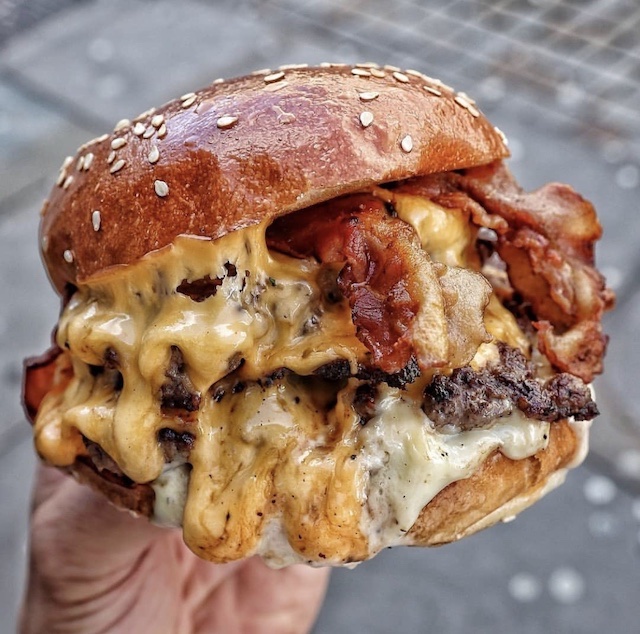
What is a food addiction?
Food addiction represents an urge to eat junk food similar to drug addiction. Indeed, this is a rather new concept, but many studies suggest it is a severe problem for both an individual and humankind. Food addiction is identical to other eating disorders, like binge eating, bulimia, or compulsive overeating.
Still, food addiction stands out due to the effect it has on the brain. It relates directly to the neurotransmitters that are responsible for creating a drug addiction. And as a result, junk food has a powerful effect on the reward system in the brain. Mainly, a food addict experiences a rush of dopamine while eating. Many specialists believe that food addiction is a direct result of the brain’s biochemistry, rather than being an indicator of lack of willpower.
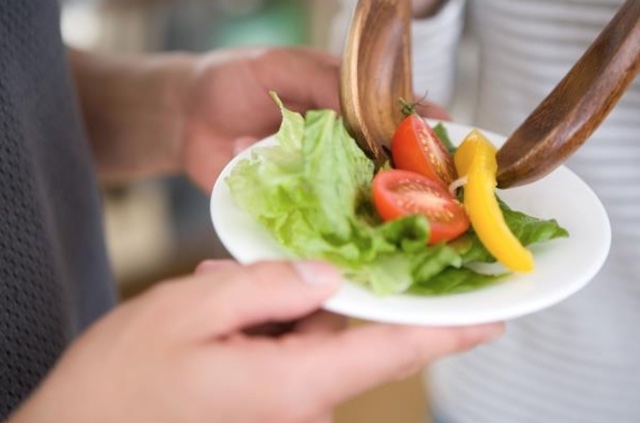
How to recognize food addiction
This disorder is one of the hardest to diagnose. There is no blood test one can do. Still, specialists can look at a person’s behavior to determine whether or not he is addicted to food. Some of the most frequent symptoms of food addiction include:
- Craving for a particular food, even though you are full and just finished eating a nutritious dish.
- Eating too much of the craved food, without even noticing it
- Feeling guilty after eating specific foods, and ending up eating some more to deal with your guilty
- Making excuses about why it is ok to eat a food in excess
- Hiding cravings from others and avoiding the subject of unhealthy foods
- Not being able to control yourself, even though you know they cause harm to your health and lead to weight gain
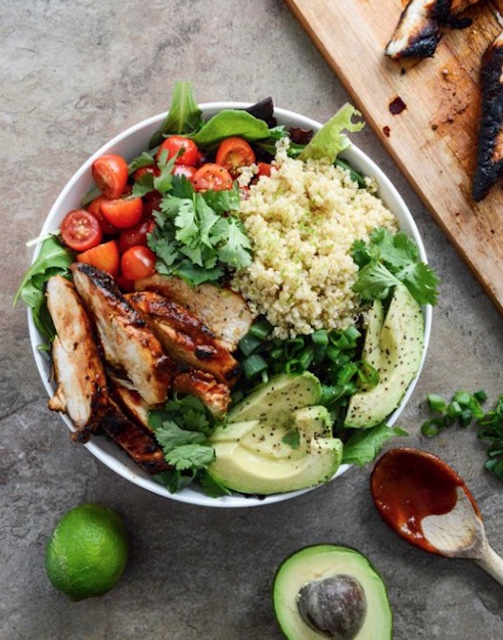
How to manage a food addiction
Indeed, it is rather challenging to overcome an addiction, especially if it is about food. The first thing you need to do is create a transition period. This refers to:
- Creating a list with your trigger foods, meaning you should remove those entirely from your diet
- Creating a list with your favorite fast foods’ places, and create a list with their unhealthiest food choices to avoid. Also, it might help to underline what healthy options they have on the menu so that if you are tempted to visit the place, you will have something nutritious to order
- Create a meal plan and gradually implement it in your routine. Rushing into a new diet will be too challenging. Instead, change your meal options day by day, until you remove completely unhealthy foods
- Make a list of the benefits and disadvantages of eating junk food. Place it in an area in your home where you can see it at all times
- Consider visiting a psychologist to discuss your problem. He or she can offer precious information on how to manage your addiction
After you finish this initial stage, and you have everything prepared to start your overcoming food addiction journey, you can follow the 12-step program for food addicts. The Food Addicts Anonymous group created it, and it is believed to be one of the most efficient approaches in managing your food cravings. This diet for food addicts goes as it follows:
1. You will have to create a nutritious breakfast with one protein, one dairy, one fruit, and one grain or starchy vegetable.
2. You will have to focus on a light lunch with one protein and one cooked vegetable. Some examples include chicken breast with broccoli or lean steak with Brussels sprouts.
3. Eat your diver only after five hours have passed after your lunch. It should consist of one protein, one cooked vegetable, one fresh vegetable, one grain, and half a daily oil.
4. After four hours have passed after dinner, you are allowed to have a snack for metabolic adjustment. This will prevent overnight cravings, and you are permitted one dairy or two ounces of protein and one fruit.
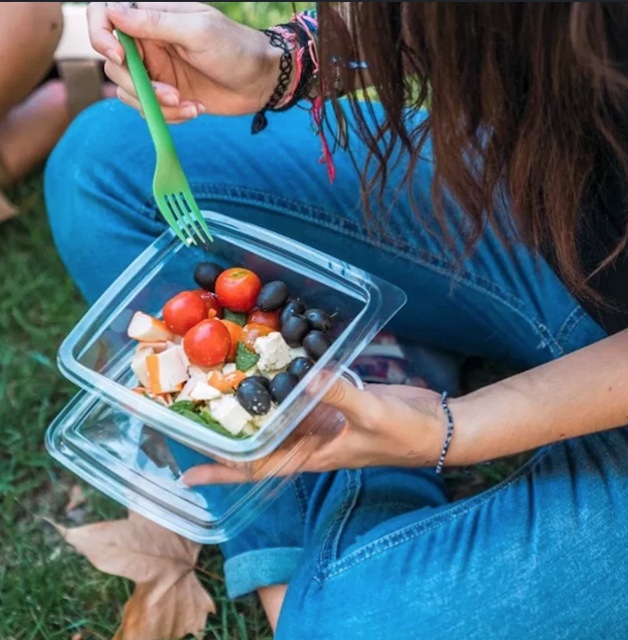
It would be best if you always remembered that food addiction is not an issue that will disappear on its own. It requires a lot of commitment from your part, along with admitting you need professional help. Also, it would help if you started your transition slow , so that you don’t feel discouraged.
, so that you don’t feel discouraged.

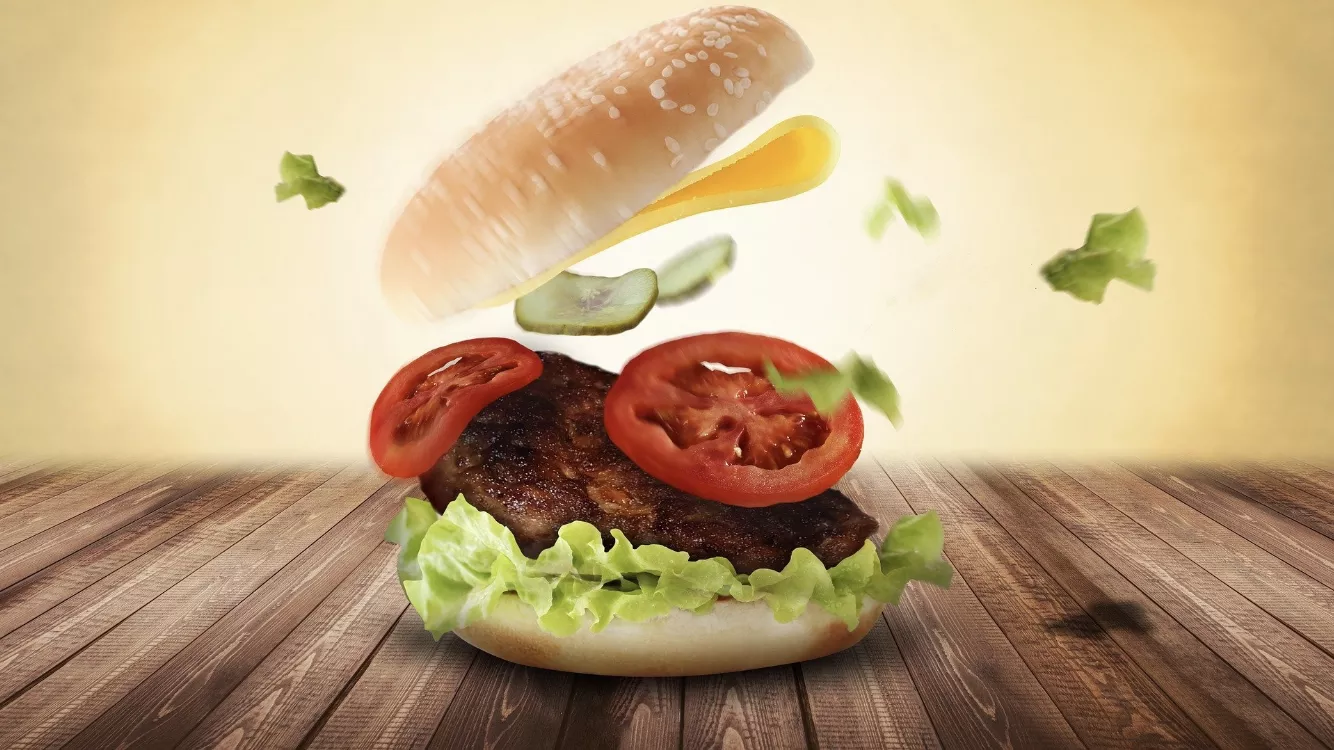
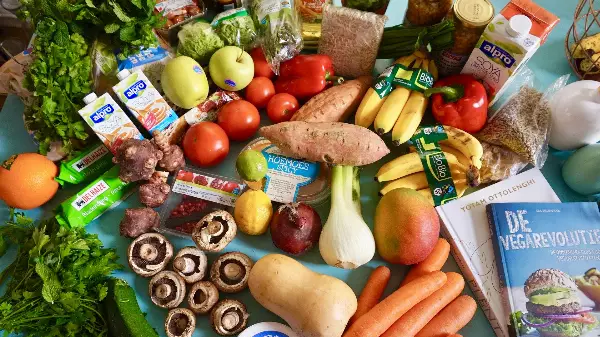


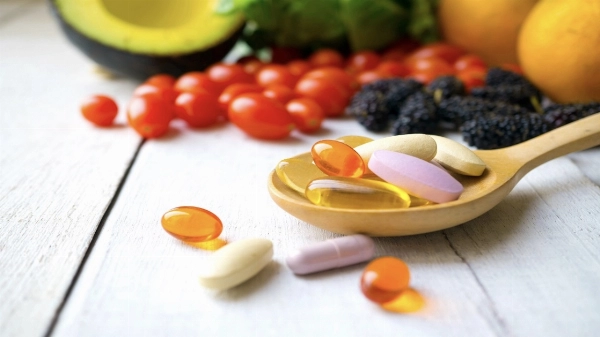
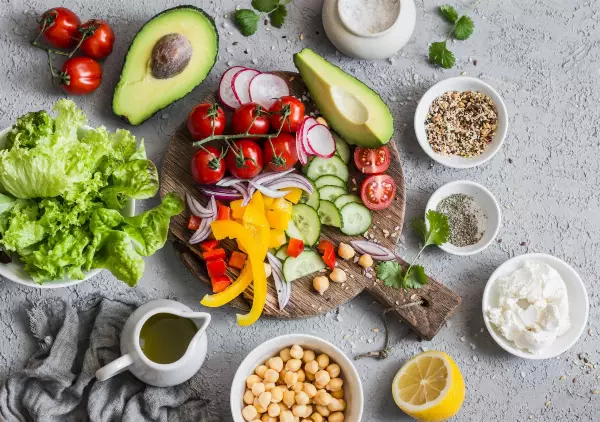
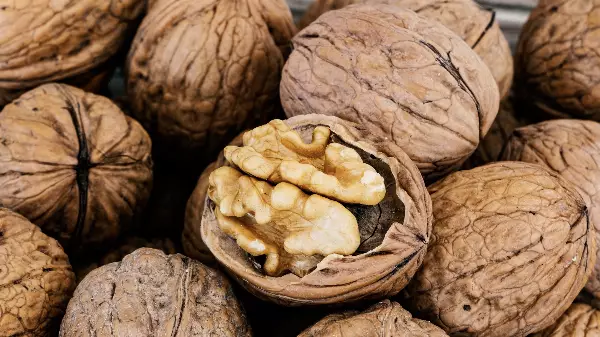
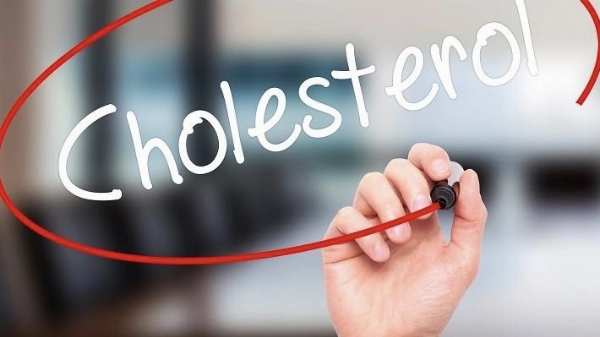

0